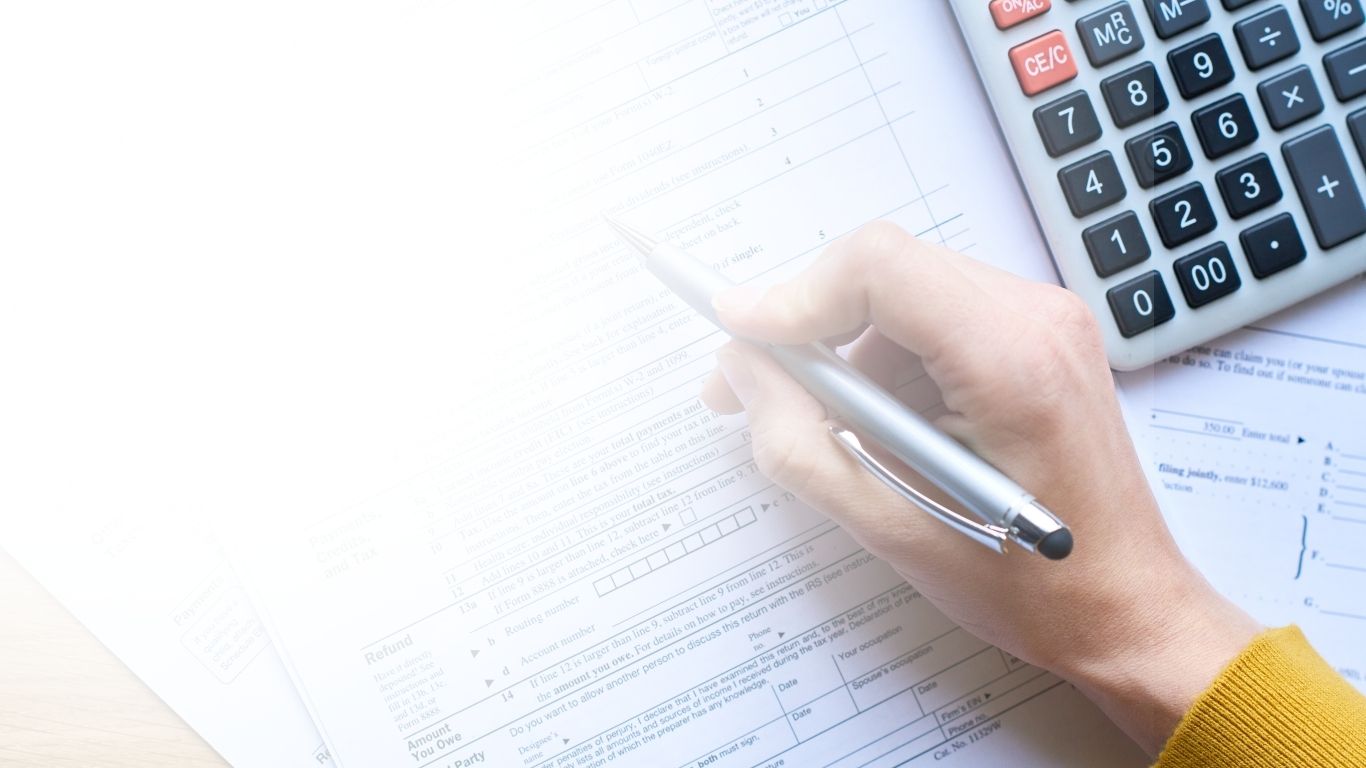Recently, the government issued a new regulation regarding Joint Operation (JO), commonly known as Joint Venture. This regulation covers various aspects of JOs, one of the most significant changes being the removal of the requirement for businesses involved in JOs to obtain a Taxpayer Identification Number (Nomor Pokok Wajib Pajak / NPWP) or to register as a Taxable Entrepreneur (Pengusaha Kena Pajak / PKP). Previously, businesses operating as JOs were required to have NPWP and to be appointed as PKP.
So, what criteria must business actors meet to be exempt from NPWP and PKP requirements? This article will explore that in detail.
The exemption for JO business actors from registering for NPWP and being appointed as PKP is outlined in Article 18 of the Minister of Finance Regulation (Peraturan Menteri Keuangan / PMK) Number 79 regarding Tax Treatment of Joint Operations. According to this regulation, JOs are not required to register for NPWP or report their business as PKP if they meet one or more of the following criteria:
the JO does not deliver goods or services;
the JO does not receive or generate income;
the JO does not incur costs or make payments to other parties.
Additionally, Article 19 of PMK 79 of 2024 states that JOs exempt from registering for NPWP or reporting their business as PKP fulfill their tax obligations through their member companies.
For example, consider PT A, based in Jakarta, opened a vacancy for Mechanical Engineering (ME) work related to underground drilling construction. PT B, which specializes in ME, and PT C, which has expertise in underground construction, decided to form a JO called PT B-C. However, from the outset, they agreed that the JO would serve only as a coordination tool.
During the project, PT B and PT C carried out their assigned tasks for PT A based on their agreement. They also issued invoices directly to PT A as the customer, and each company recognized the income received from PT A. Subsequently, PT A paid PT B and PT C, and withheld income tax from those payments.
Based on Article 18 of PMK 79 of 2024 and the example provided, we can conclude that the JO B-C is not required to register for an NPWP or to report its business activities to be appointed as a PKP.
VAT and Luxury-Goods Sales Tax Treatment
Although JO B-C is not obligated to obtain an NPWP or be appointed as a PKP, the taxable goods or services delivered by the JO members to customers will still be subject to Value-Added Tax (VAT) and/or luxury-goods sales tax under tax regulations.
Additionally, JO members must issue tax invoices for these transactions. They can also credit input tax on the purchase of Taxable Goods (Barang Kena Pajak / BKP) or taxable services, the import of BKP, and the use of intangible BKP from outside the customs area, as long as they meet the requirements for input tax credits under tax regulations.
Income Tax Treatment
Similar to previous regulations, the income tax on income received or generated within the JO framework must be calculated, accounted for, paid, and reported by the JO members according to their agreed proportions.
For JOs that are not required to register for an NPWP or report their business as PKP, the responsibility for withholding and/or collecting income tax, as stated in the JO cooperation agreement, falls on each JO member according to tax regulations. Moreover, JO members who make these withholdings or collections must report them in the Unified Periodic Tax Return.
This summarizes the provisions regarding JOs that are exempt from registering for NPWP and reporting their business as PKP. In the next article, we will explore the tax obligations of JOs in greater detail.


